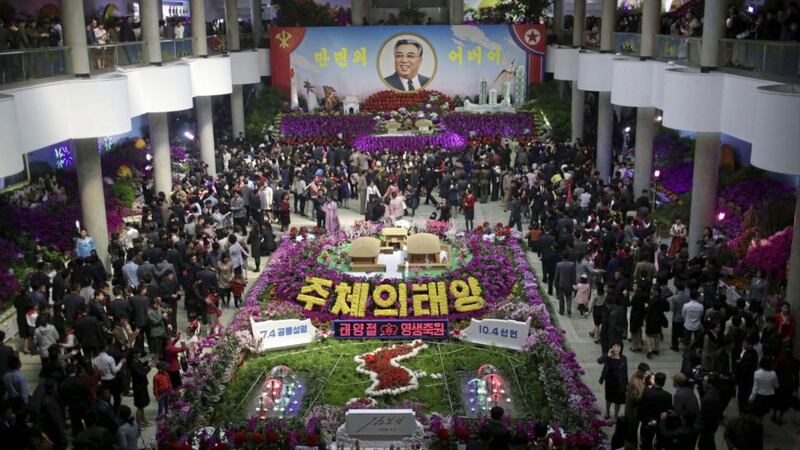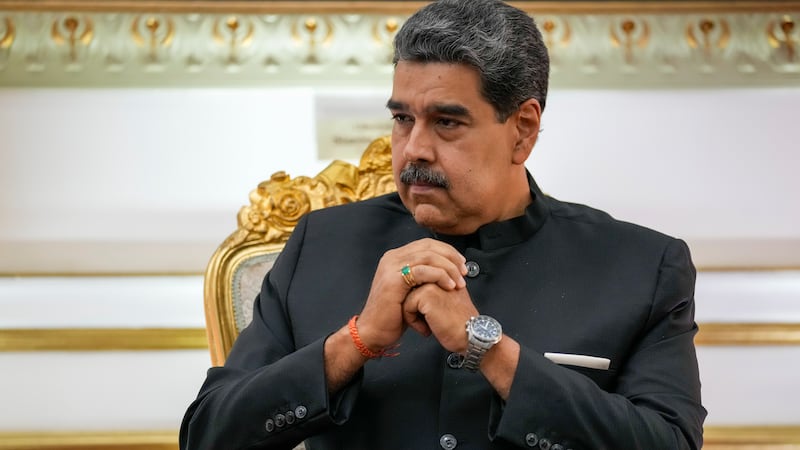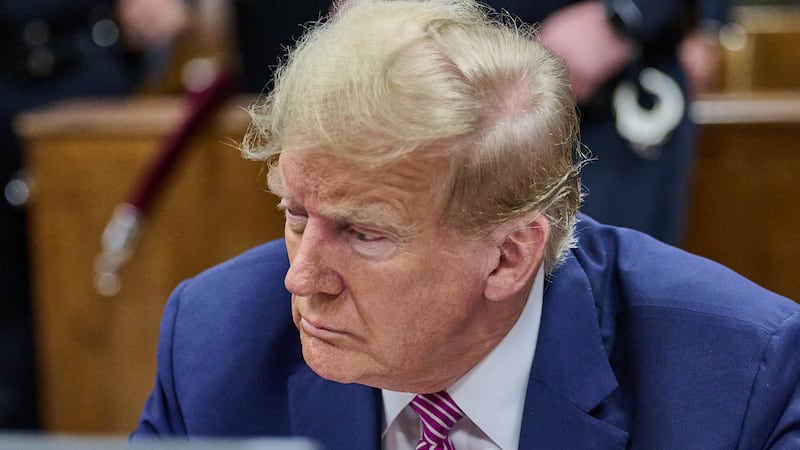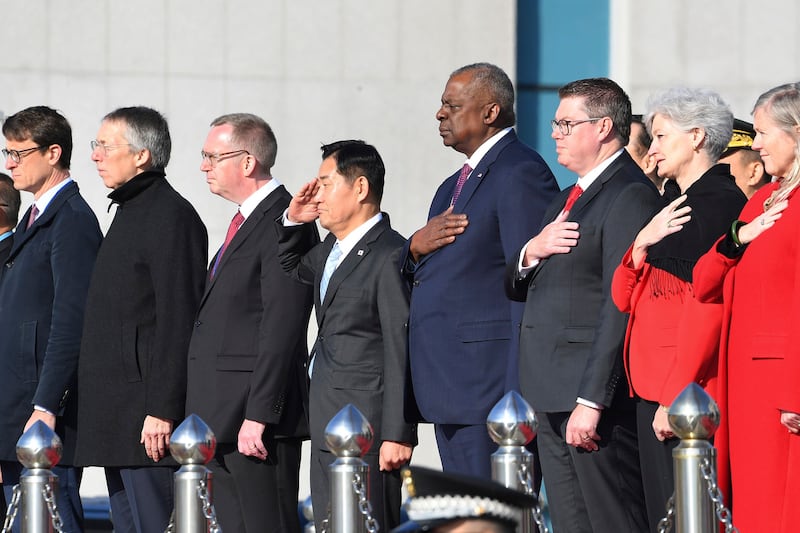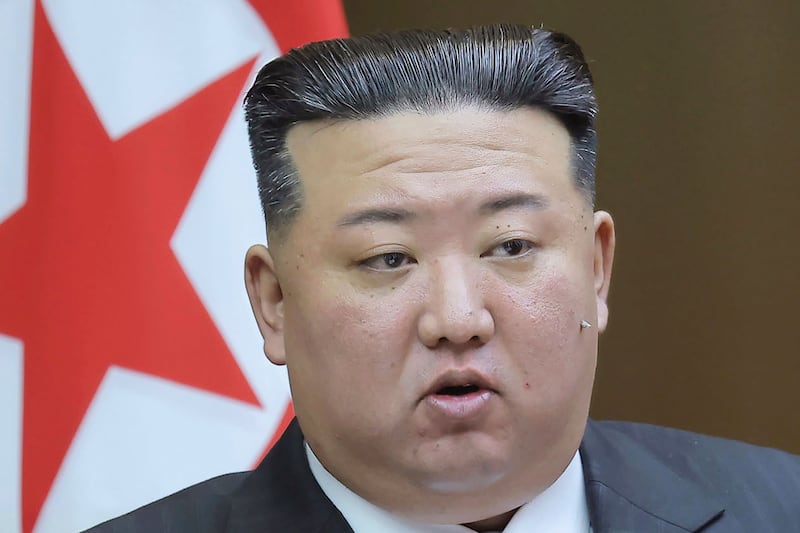North Korea's deputy United Nations ambassador has accused the United States of turning the Korean Peninsula into "the world's biggest hotspot" and creating "a dangerous situation in which a thermonuclear war may break out at any moment".
Kim In Ryong told a news conference that "if the US dares opt for a military action", North Korea "is ready to react to any mode of war desired by the US".
He said the Trump administration's deployment of the Carl Vinson nuclear carrier task group to waters off the Korean Peninsula again "proves the US reckless moves for invading the DPRK have reached a serious phase of its scenario".
Mr Kim stressed that US-South Korean military exercises being staged were now the largest-ever "aggressive war drill" aimed at his country, formally the Democratic People's Republic of Korea.
"The prevailing grave situation proves once again that the DPRK was entirely just when it increased in every way its military capabilities for self-defence and pre-emptive attack with a nuclear force as a pivot," he said.
Tensions have escalated over North Korean moves to accelerate its weapons development.
The North conducted two nuclear tests and 24 ballistic missile tests last year, defying six UN Security Council sanctions resolutions banning any testing, and it has launched more missiles this year including a failed attempt at the weekend.
The North's Foreign Ministry said the missile launches were part of a normal process of building up the country's defences and economy.
Ministry official Kim Chang Min also said in the interview in Pyongyang that the UN, the Security Council and big countries ignored South Korean missile launches and Japanese surveillance satellites.
"This is the limit of double standards," he said.
"How can we have any dialogue to get any result with anyone who has this kind of approach?"
US vice-president Mike Pence said his administration would not relent until it achieves its objective of ensuring the Korean Peninsula is free of nuclear weapons.
After meetings with Japanese prime minister Shinzo Abe and other leaders, Mr Pence told reporters that President Donald Trump was confident that economic and diplomatic pressure has a chance of compelling North Korea to cooperate.
"It is our belief by bringing together the family of nations with diplomatic and economic pressure we have a chance of achieving a freeze on the Korean Peninsula," Mr Pence said.
However he said that "all options are on the table" to deal with North Korea's nuclear and missile ambitions .
Deputy UN ambassador Mr Kim said North Korea's policy was shaped by the Trump administration's push for "high-intensity sanctions" against the country, deploying tactical nuclear weapons in South Korea and launching military action aimed at "beheading" the North's leadership headed by Kim Jong-un.
He said rolling back the hostile US policy towards the DPRK "is the precondition to solving all the problems in the Korean Peninsula".
Mr Kim called the news conference to "categorically reject" the US decision to hold an open meeting of the Security Council on April 28 on North Korea's nuclear programme, which is scheduled to be chaired by US secretary of state Rex Tillerson.
He called it "another abuse of authority" by the United States, which holds the Security Council presidency this month, and a violation of the DPRK's sovereignty.
Mr Kim ignored questions about the DPRK's relationship with China and reports that the government did not respond to requests from Chinese officials for a meeting.
Instead he reiterated two Chinese proposals that the US rejected.
One called for "dual-track" talks on denuclearisation of the Korean Peninsula - the top priority of the United States - and replacing the armistice that ended the 1950-53 Korean War with a formal peace treaty, a key demand of Pyongyang.
The other called for a freeze on US-South Korean military exercises and a freeze on DPRK missile and nuclear tests.
Meanwhile Chinese foreign minister Wang Yi made a new appeal for calm on the Korean Peninsula and says he believed the United States would prefer a diplomatic resolution to the stand-off.
Mr Wang told reporters that although US officials have made clear that a military strike remains on the table, he believes that Washington would still prefer to de-escalate tensions through multi-sided talks.
